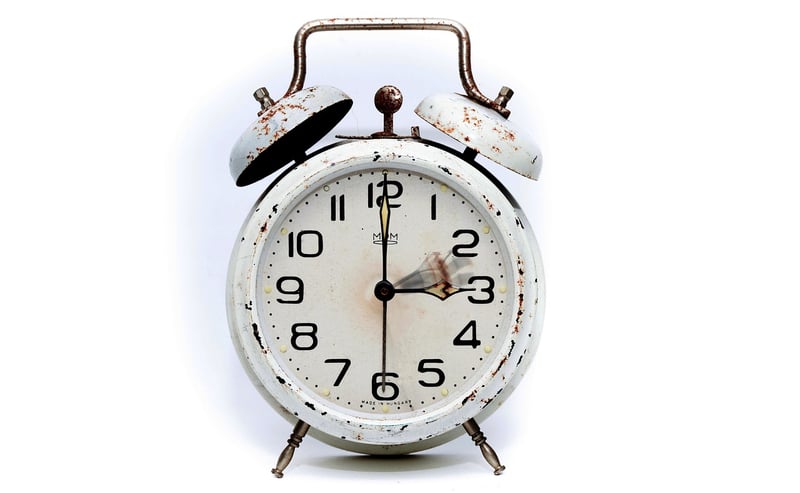Temporal Paradoxes
Safeguarding the Timeline and Preventing Temporal Paradoxes
Time travel has long been a fascinating concept in science fiction, but the idea of altering the past or future raises important questions about the stability of the timeline and the potential for creating paradoxes. To ensure the integrity of the timeline and prevent temporal paradoxes, certain guidelines and principles should be followed.
1. The Grandfather Paradox
One of the most well-known temporal paradoxes is the Grandfather Paradox, where a time traveler goes back in time and prevents their grandfather from meeting their grandmother, thus preventing their own birth. To avoid such paradoxes, time travelers should adhere to the principle of non-interference with past events that could alter their own existence.
2. Fixed Points in Time
Some events in history are considered fixed points in time, meaning they cannot be changed without dire consequences. Time travelers should be aware of these fixed points and avoid any actions that could disrupt them, as doing so may have catastrophic effects on the timeline.
3. The Butterfly Effect
Even small changes in the past can have significant ripple effects on the future, known as the Butterfly Effect. Time travelers should exercise caution when making any alterations to the past, no matter how seemingly insignificant, as these changes could have unintended and far-reaching consequences.
4. Temporal Prime Directive
Similar to the Prime Directive in Star Trek, the Temporal Prime Directive dictates that time travelers should observe and record historical events without directly interfering with them. This principle helps maintain the integrity of the timeline and prevents unnecessary disruptions.
5. Quantum Mechanics and Multiverse Theory
Some theories suggest that time travel may operate within the framework of quantum mechanics and multiverse theory, where each alteration to the past creates a new branching timeline. While this may alleviate some concerns about paradoxes, it also raises ethical questions about the consequences of creating multiple realities.
Conclusion
As we delve into the realm of time travel, safeguarding the timeline and preventing temporal paradoxes becomes paramount. By following established guidelines, respecting fixed points in time, and considering the implications of our actions, we can explore the wonders of time travel while ensuring the preservation of the past, present, and future.

